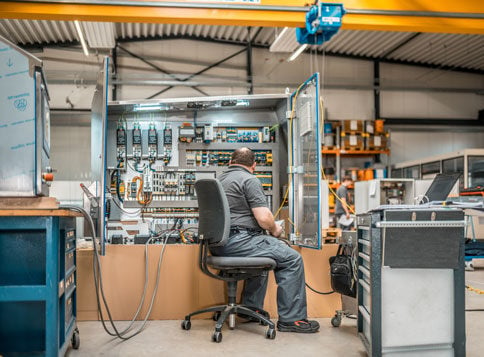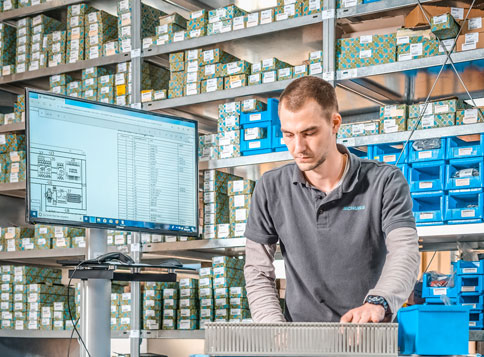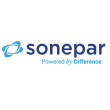Your strong partner beyond Hameln's border
Explore Schubs' Capabilities
We create high-quality control technology for diverse industries, ensuring performance, safety, and compliance with standards.
We deliver custom switchgear solutions with high-quality manufacturing and innovative engineering, ensuring seamless integration, cutting-edge technology, and sustainable solutions for reliable, efficient, and future-ready control systems.


Humble Beginnings
In the early 1990s, SCHUBS began operations in the basement of an apartment building, following a traditional approach. SCHUBS quickly expanded from a modest workshop to its current corporate premises, which were further enhanced a few years following with the addition of a second location. During this period, the workforce has grown from an initial two-man team to approximately 80 employees.
Everything you need, all in one place.
Innovative
Advanced
Precise
What else does Schubs offer?
-1.png)
Certification.
Schubs meets the highest industry standards with certifications like ISO 9001 for quality management and ISO 14001 for environmental responsibility. Additionally, our UL 508A certification ensures compliance with North American safety standards, reinforcing our dedication to excellence in switchgear manufacturing.
-1.png)
Digitalisation.
-1.png)
Quality, and Collaboration.
As pioneers in digitalised switchgear manufacturing, Schubs combines German engineering excellence with optimised processes and advanced automation. Our commitment to efficiency, quality, and teamwork ensures cost-effective, high-performance solutions—driving success for our customers.
Why Schubs?
Years of hands-on experience and industry knowledge, we deliver innovative solutions that set the standard for quality, reliability, and performance.
Here's what our suppliers think of Schubs





What are your thoughts on Schubs' reliability and consistency?
"One man, one word" – very positive, and I’m looking forward to continuing our collaboration. Thank you for the last 30 years.
How has your history with Schubs been in terms of reliability and consistency?
"Given that we can look back on a very long business relationship, there’s only one thing to say about it: It doesn’t get better than this."
How would you evaluate Schubs' payment practices and settlement processes?
When it comes to handling payment processes, there’s only positive feedback – a full 10 out of 10 with stars.
What are your thoughts on Schubs' communication and teamwork?





